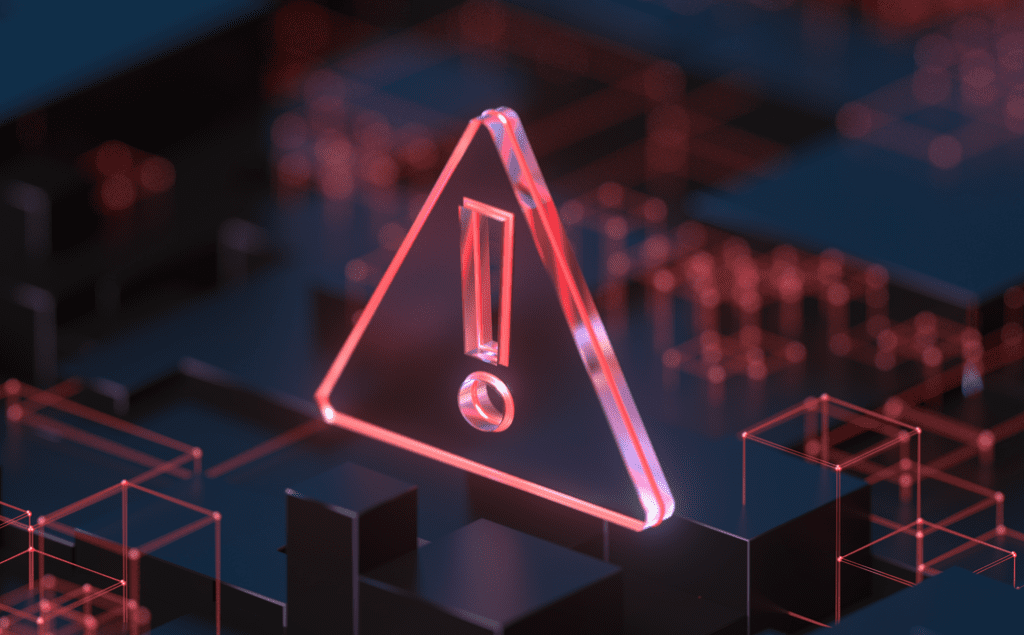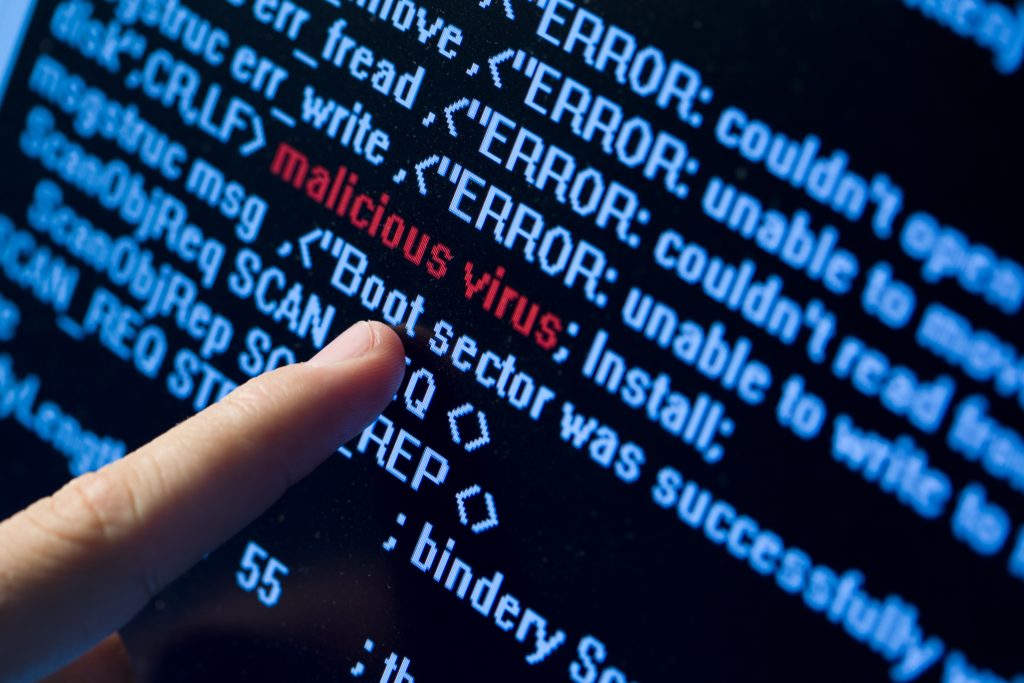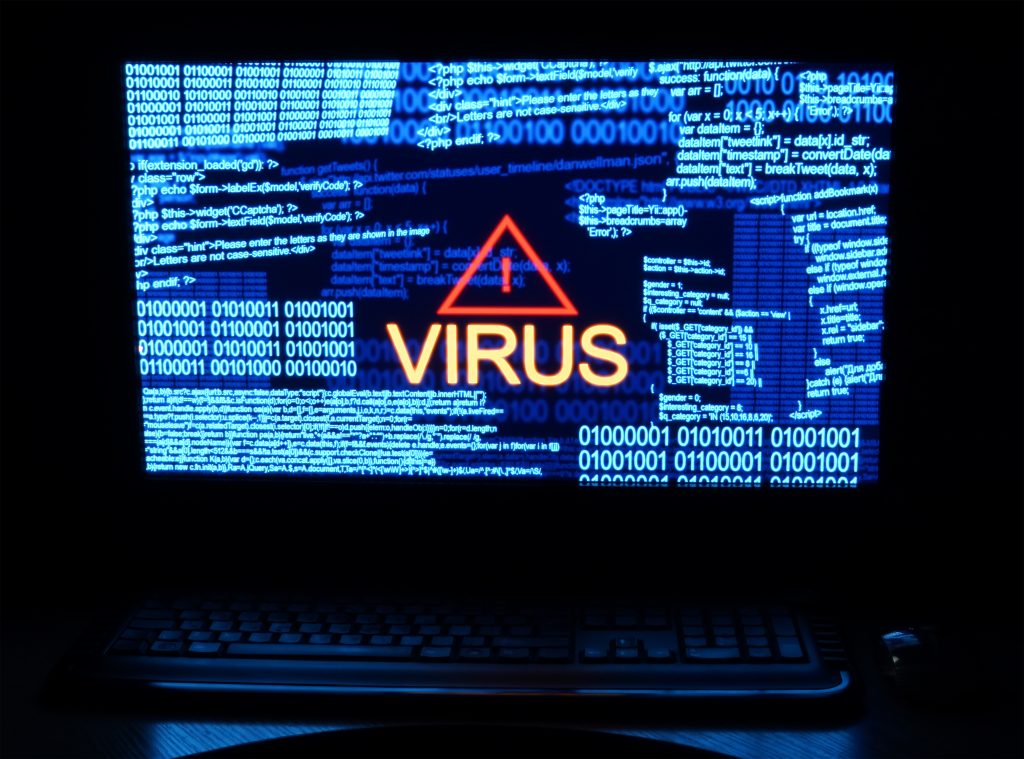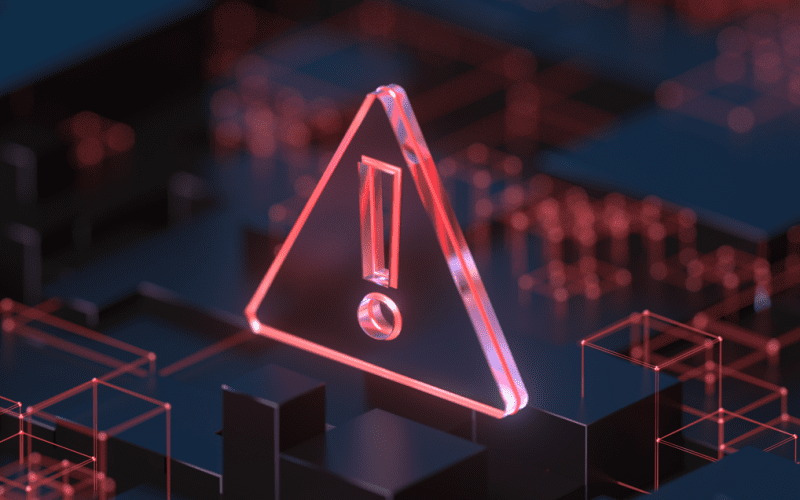Your computer is your lifeline to the world – it stores all of your most important data and sensitive information. As such, it’s essential to keep it safe from potential harm. Unfortunately, one of the biggest threats out there are viruses. Viruses can be incredibly difficult to detect, and even more difficult to remove. That’s why it’s so important to familiarize yourself with the warning signs that your computer may have a virus. In this blog post, we will explore these warning signs and discuss what you should do if you come across them.
What are the Warning Signs?

If your computer is exhibiting any of the following warning signs, it may be infected with a virus:
-Slow performance: If your computer is running slower than usual, it may be due to a virus.
-Frequent crashes or errors: If your computer keeps crashing or displaying error messages, a virus may be to blame.
-Changes to your homepage or other settings: If you notice changes to your homepage, toolbar, or other settings that you didn’t make yourself, it’s possible that a virus has changed them.
-Unexpected pop-ups or ads: If you’re seeing pop-ups or ads that you didn’t invite, it’s likely that your computer is infected with adware.
-Unusual activity from your email account: If you notice strange emails in your inbox from people you don’t know, or find that your contacts are receiving emails from you that you didn’t send, your account may have been hacked.
If you suspect that your computer may be infected with a virus, it’s important to take action right away. Run a antivirus scan on your computer and delete any files that are flagged as malicious. You should also change any passwords that may have been compromised.
How to Know if You Have a Virus
If your computer is acting strange, it might have a virus. Here are some common symptoms of a infected computer:
-Your computer is slower than usual
-You see new toolbars or strange icons on your desktop
-Your homepage has changed without you changing it
-Pop-ups appear even when you’re not browsing the internet
-You can’t access certain websites

If you notice any of these changes on your computer, it’s time to run a virus scan. You can use a free online scanner like VirusTotal or Malwarebytes, or you can use the built-in scanner in your antivirus software. If you don’t have antivirus software installed, now is the time to get some! Once you’ve scanned your computer and removed the viruses, make sure to take some preventative measures so that you don’t get infected again. This includes installing an antivirus program and keeping it up to date, as well as being careful about the websites you visit and the files you download.
What to Do if You Have a Virus
If you think your computer has a virus, there are a few things you can do to check and see if your suspicions are correct. First, run a scan with your anti-virus software. This will help to identify any malware that may be present on your system. If your anti-virus software detects a virus, follow the prompts to remove it from your computer.
If you don’t have anti-virus software installed on your computer, or if the scan does not detect any malware, there are a few other things you can look for. Check for unusual activity on your computer, such as strange pop-ups or new toolbar items. Also, see if anything appears out of place or different than usual on your desktop or in your file explorer window. If you notice anything suspicious, it’s possible that you have contracted a virus.
If you believe your computer has a virus, the best course of action is to take it to a professional for repairs. They will be able to determine if there is indeed malware present and can help to remove it from your system. In some cases, viruses can cause serious damage to computers, so it’s important to get rid of them as soon as possible.
How to Prevent Viruses in the Future
It’s important to be proactive about preventing viruses on your computer. Here are some tips:

-Keep your operating system and all software up to date with the latest security patches.
-Use a reputable antivirus program and scan your computer regularly.
-Be careful about what you download and install, and only download from trusted sources.
-Don’t open email attachments from people you don’t know, and be cautious about attachments even from people you do know.
-Beware of fake emails or websites that may try to trick you into giving away personal information or installing malware.
-Think twice before clicking on links in Instant Messages, social media posts, or email messages.
Conclusion
Computer viruses can cause serious damage to our files and data, so it is important to be aware of the warning signs that your computer may have a virus. By paying attention to these warning signs you can take steps quickly in order to protect yourself and your data. With regular maintenance and antivirus software, you should be able to keep your system safe from malicious attacks. Be sure to stay vigilant when it comes to keeping an eye out for any potential threats!












